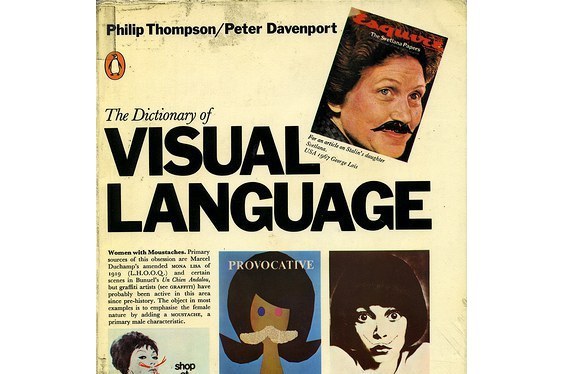《The Dictionary of Visual Language》是1982年Penguin Books Ltd出版的圖書,作者是Philip Thompson、Peter Davenpor。
基本介紹
- 中文名:The Dictionary of Visual Language
- 作者:Philip Thompson 、 Peter Davenpor
- 出版社:Penguin Books Ltd
- 出版時間:1982年5月27日
- 頁數:272 頁
- ISBN:9780140511178

《The Dictionary of Visual Language》是1982年Penguin Books Ltd出版的圖書,作者是Philip Thompson、Peter Davenpor。
《The Dictionary of Computer Graphics and Virtual Reality》是1995年1月出版的圖書,作者是Latham, Roy。內容簡介 Superblack, superblock, supercase, superquadric, supersampling, superred, supergreen, and superblue are just a ...
《Collins Dictionary of the English Language》是一本圖書,作者是Collins UK 內容簡介 The new Collins Dictionary of the English Language is comprehensive and authoritative,providing an endlessly browsable good read” for ...
Completely revised and updated,this 1,200-page volume is one of the finest and most authoritative diction-aries of the English language avail-able. The dictionary section includes more than 1.200 illustrations and 170...
《The Dictionary》是2019年梁曉盈執導的一部微電影。劇情簡介 從字典中選出四個單詞(箭頭,按鈕,椅子和鋼筆)分別製作了四組動態圖像,每一組動態圖形都是一組實驗,旨在解構,拉伸和質疑牛津英語詞典定義所劃定的的日常對象的邊界,...
《A Dictionary of the Language of Mota, Sugarloaf Island, Banks' Islands, with a Short Grammar and Index》是一本圖書,作者是Palmer, John,Codrington, Robert Henry 內容簡介 This is an EXACT reproduction of a book ...
